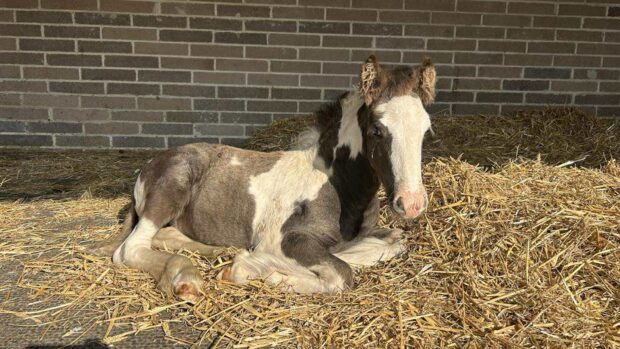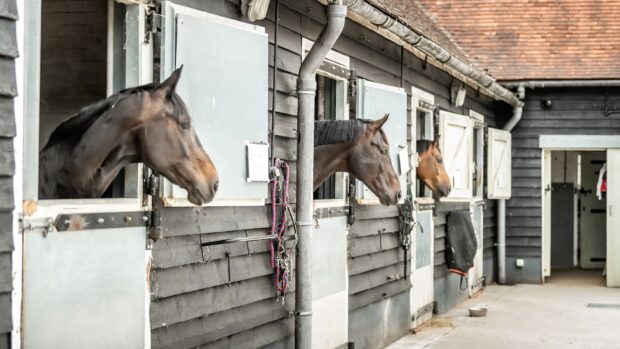The 2013 horse meat scandal shed light on fraudulent practices on a huge scale.
More than two years on from the grim news, what has happened and what is being done to try and ensure that history does not repeat itself?
As well as the public’s horror, the issue also threw up other major questions.
There were worries this could mean bute was entering the food chain and concerns about the conditions in abattoirs in the UK, as well as whether live slaughter horses were being illegally exported from Britain.
| Popular articles |
In January 2013, a study by the Irish Food Safety Agency found equine DNA in processed beef products.
It found that 29% of a tested Tesco’s everyday value burger was in fact horse meat.
The Food Standards Agency (FSA) ordered tests on processed beef products.
The following month, it found the meat content in a Findus beef lasagne was up to 100% horse meat.
Further tests took place, identifying horse meat in other supermarket products, and the FSA said all horses must be tested for bute — and be found negative — before entering the food chain.
At the time, H&H ran a special investigation report into the scandal, which also highlighted the suffering that many slaughter horses face on their journey across Europe to the abattoir.
Since the scandal, the FSA says it has put arrangements in place to help prevent, identify and respond to incidents in future.
A spokeswoman said the agency has revised its incident management plan and this was tested earlier this year.
She added: “We continue to work with local authorities and agencies to uncover and prosecute or disrupt cases of food fraud and related criminality.”
She said they are “refreshing” the way people can confidentially report concerns to them.
In 2014 the FSA also established a food crime unit, which looks at the current and future threat to the UK from food crime.
But have things changed for Europe’s slaughter horses?
World Horse Welfare chief executive Roly Owers said they have no evidence that transport conditions have altered since the scandal.
“For this to happen the law would need to be changed and there is no sign the European Commission will do this, despite the advice from their own scientific advisors,” he said.
“However, thanks to public support, our campaign has had a huge impact on the numbers of horses suffering this dreadful trade, down from 125,000 a decade ago to around 50,000 today.”
In 2015-16 the FSA has £1.8m available to enforcement authorities for additional sampling in priority areas, including checking what type of animal meat has come from.
The food crime unit has started work on the 2015 food crime annual strategic assessment, which explores the nature and scale of the food crime threat to the UK.
Set to be finished by 2016, this will drive the unit’s wider work and ensure resources are focused on threats to the UK.
World Horse Welfare wants to see a robust, enforceable equine identification system. They also want a new European transport regulation incorporating a 12-hour journey limit, improved enforcement of the regulation across the EU and CCTV in equine abattoirs.
Mr Owers said: “We believe that tougher checks at UK abattoirs have increased the under-the-radar trade of horses and ponies of a low market value to the continent, ostensibly for riding but in reality we believe many go for slaughter.”
Almost 10,000 horses were killed for human consumption in the UK in 2012, compared to less than 5,000 in 2013.
He added “probably thousands” of horses would be spared the “needless ordeal” of being exported for slaughter if the UK enforced its own laws.
Ref: 16 July, 2015




